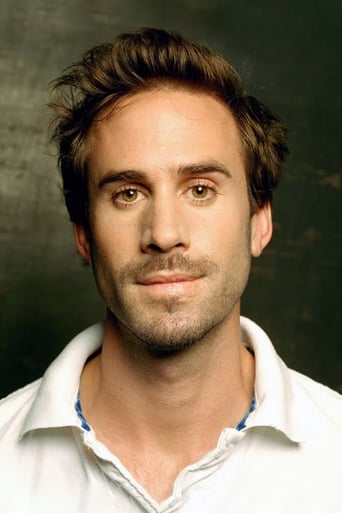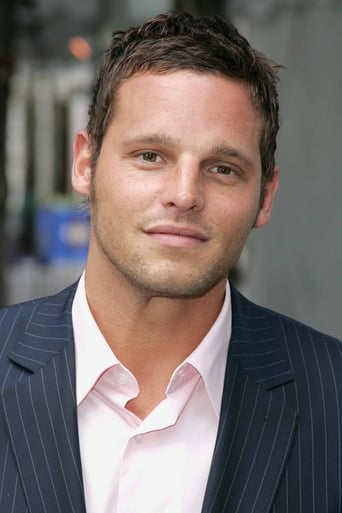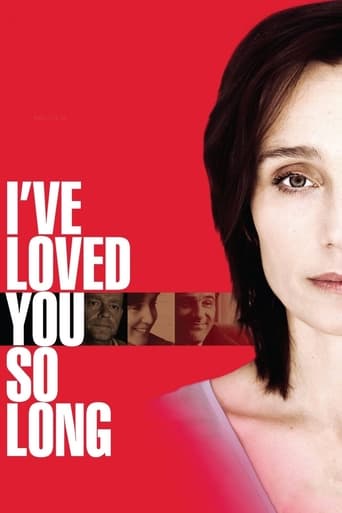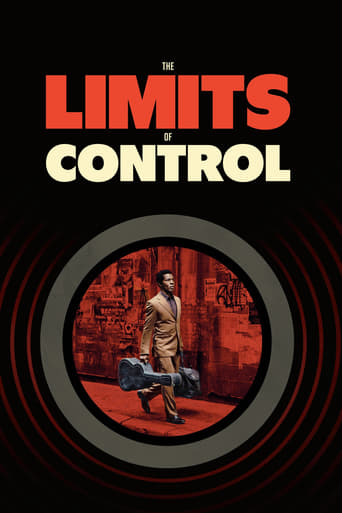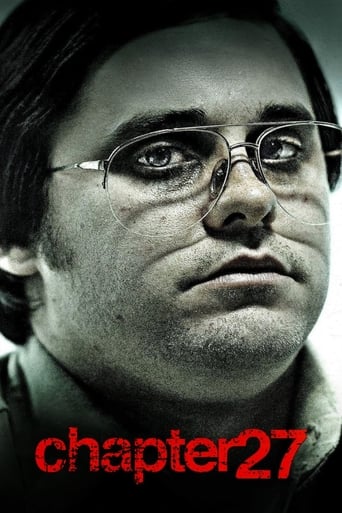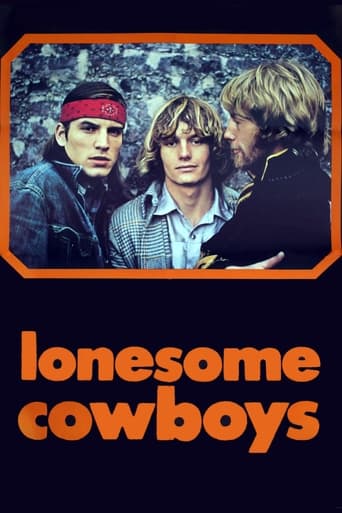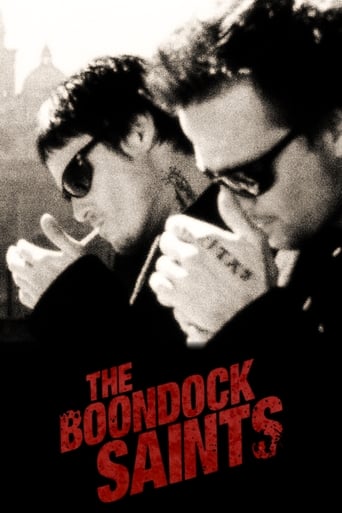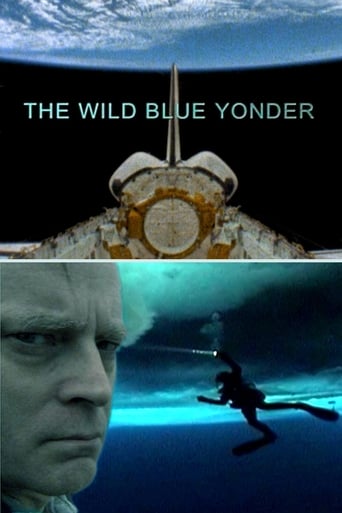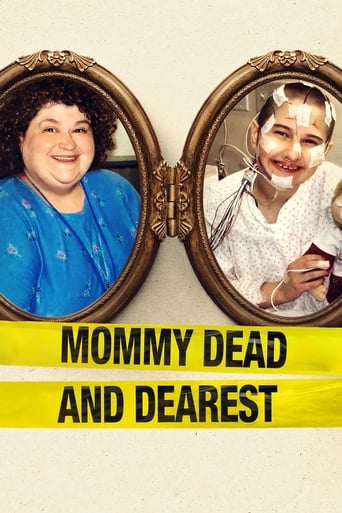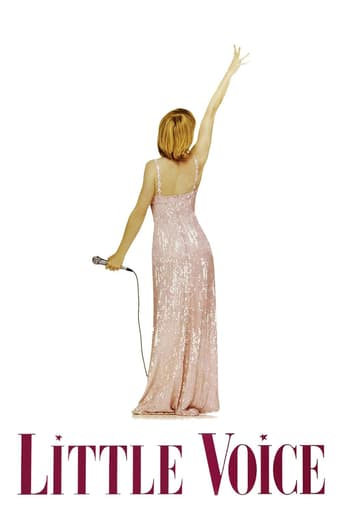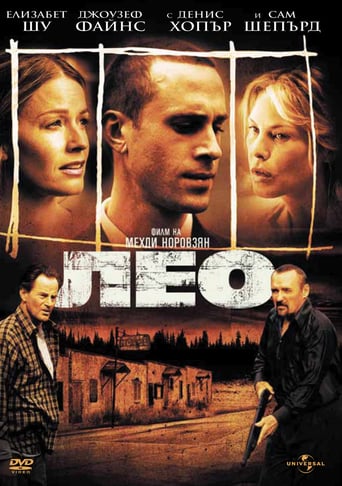
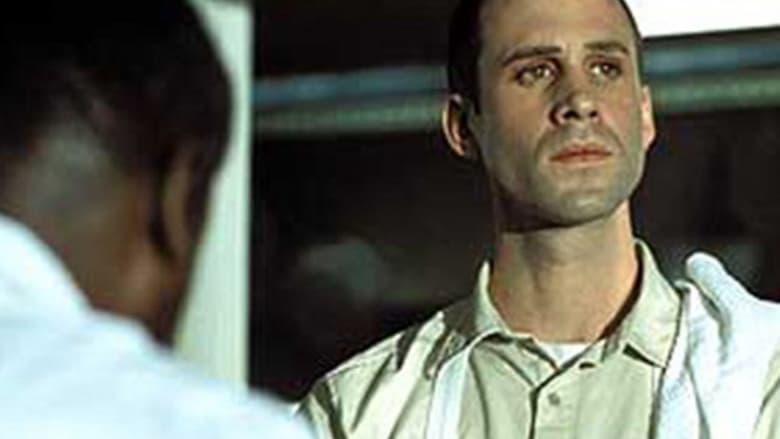
Leo (2002)
A young mother is plagued by a tragic mistake and alienates her little boy. A brilliant writer is released from prison after serving a 15-year sentence and begins working at Vic's Diner. Their stories converge when the man must overcome obstacles of the past to save the little boy and ultimately himself.
Watch Trailer
Cast


Similar titles
Reviews
I love this movie so much
Fantastic!
It's a good bad... and worth a popcorn matinée. While it's easy to lament what could have been...
It is neither dumb nor smart enough to be fun, and spends way too much time with its boring human characters.
Leo is a psychological drama that stars Joseph Fiennes,Elisabeth Shue, Justin Chambers and Sam Shepard.The screenplay was written by Amir Tadjedin and Massy Tadjedin and it was directed by Mehdi Norowzian.A literary drama offering the parallel tales of two wounded souls, director Norowzian's tale of redemption and the struggle to find one's place in life finds an ex-convict's correspondence with a young boy offering hope for the future despite the fact that the boy has yet to find his own place in the world. Believing that her husband has been unfaithful, Mary Bloom embarks on an affair with a young handyman that results in her pregnancy. Racked with guilt when her husband dies in a car accident shortly thereafter, Mary begins to hate her son, Leo, leaving the youngster hungering for affection. Assigned correspondence with a convict for a class project, the withdrawn Leo begins to form a close bond with Stephen, who increasingly relies on his communication with Leo as a form of cathartic repentance. When Stephen is released from jail, he gets a job at a diner where concerned co-workers Vic and Caroline attempt to help him establish himself on the outside. Simultaneously brutalized by local drunk Horace, Stephen decides to leave the diner and search for the boy whose letters carried him through his darkest days. Leo is a well-written drama of psychological depth.The plot simmers along nicely, dipping and weaving between the two story lines flawlessly. But it wasn't enough to be more than just an entertaining movie and nothing more.
Watching this movie is like having your car break down on a hundred mile stretch of road smack dab between Dullsville and Boring Town. The first 50 minutes is nothing but drudgerous back story that could have been dispensed with through a handful of well written lines of dialog. The middle 30 minutes is a bunch of mediocre pretension with a twist you'll see coming a mile away. The only way I can describe the final 20some minutes of Leo is that this blah little tale comes to a definite end, but these filmmakers keep on going like someone who's having sex and can't achieve orgasm. It's a lot of uncomfortable pounding away at ground that's already been well pounded.This movie weaves together two thoroughly tedious yarns about life in Mississippi. In something like the present day, a taciturn man named Stephen (Joseph Fiennes) gets out of prison after serving 18 years on a murder conviction. He gets a job working in a hotel/diner and spends the rest of his time writing in his room and taping the pages up on his wall where they are blown about by an inexplicable breeze. In some nondescript part of the 1970s, an unhappy young woman named Mary Bloom (Elizabeth Shue) is living an unfulfilled life as the wife of college professor Ben Bloom (Jake Weber). After going into a whole bunch of Mary's life that absolutely didn't need to be gone into, Mary gives birth to a son named Leo (Davis Sweatt) while miserably carrying on with Ryan (Justin Chambers), a house painter who inexplicably transforms from sensitive man to trailer trash bastard.These separate threads come together when Leo grows up to become a pen pal of Stephen. Their relationship is more involved than that, but anyone who watches this movie will figure out what it is long before the film actually reveals the truth, so I don't see any need to get into it myself. Back in the present, Stephen has to protect a designated victim (Deborah Kara Unger) from Horace (Dennis Hopper), the almost comically abusive co-owner of the hotel/diner. Back in the 1970s well, young actor Davis Sweatt essentially stands around watching Elizabeth Shue give a decent but obvious performance as a mother who hates and resents her son. The story then comes to a reasonable and logical conclusion, yet the movie continues on and on and on until reaching an artsy-fartsy final image that must have meant something to these filmmakers but won't mean anything to anyone else.Leo would have been a boring experience even if it had had an unexpected and interesting twist to it. That this movie's twist is predictable and stale sent my apathy level rocketing past the Moon and on its way to Mars. In fairness, someone with a stronger constitution might have gotten more out of this film than I did. But after the first 50 minutes of this thing passed and I realized I'd just spent that much time watching exposition and the real plot of Leo was only getting started, I'll admit that I emotionally checked out. As I mentioned before, not a thing in that first hunk of Leo couldn't have been more effectively communicated to the audience through a few lines of dialog and a few moments of behavior on screen. To sit there for that long, only to discover I'd been watching a 50 minute long equivalent of the opening crawl of a Star Wars flick was too much for me to tolerate.So, take this criticism with a grain of salt. I found viewing Leo to be as much fun as a dental exam and as touching as a traffic ticket. Your mileage may vary.
This film held my interest from beginning to the very end with Joseph Fiennes, (Stephen) leaving a prison after serving a sentence of murdering a man and has been given a job at a dinner with some very strange people running the establishment. Dennis Hopper,(Horace) plays the role of a very dirty filthy old man who abuses a young waitress in sexual ways to degrade her. There are two central characters who appear in this film which has flashbacks with Elizabeth Shue, (Mary Bloom) who is a very attractive young woman who is married to a professor and lives in a very comfortable home and has a young girl. Mary Bloom is told that her husband is having an affair and Mary reacts by making love to a man who is painting her home and from this point in the film everything begins to turn into many different kinds of mysterious events. Great acting by the entire cast and especially the performance of Elizabeth Shue. Enjoy
I bought this movie, Leo, three years ago in the "previously viewed" section of a ubiquitous movie rental company. I'd not heard of the movie until I saw it for sale that day and bought it merely because Joseph Fiennes was on the cover. What a gem I discovered. Not only in the fine cast but also in their performances, the direction and the cinematography. And this was Norowzian's directorial debut - outstanding.As far as film and television media is concerned I am limited in terms of critical commentary by the fact that I don't watch television (I've never owned a television set) and thus see most movies either on the big screen or on my computer screen. However, this movie so profoundly moved me that I wrote a commentary on a note card and placed it inside the "Leo" DVD box the first time I saw the movie three years ago. I watched this movie again last week (I've watched Leo ten time since I bought it) and still feel strongly that this a great movie that ought to rank as a classic. Following is the commentary I initially wrote about "Leo" three years ago:"In thirty-five years of watching movies and with an increasingly critical eye, I must rank this movie as one the best movies I have ever seen. To articulate a thought through an image; to express an emotion in a gesture is not just film making, it's poetry. The French Existentialist, Albert Camus said, "Like great works deep feelings mean more than they are capable of saying." This movie is the exact felicity of Camus."


